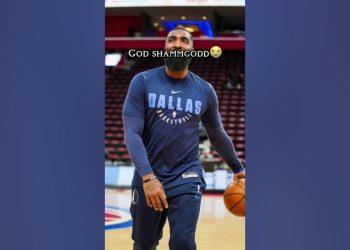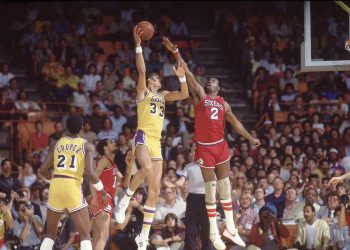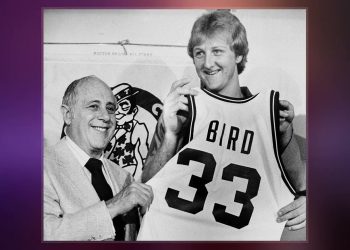In the high-octane world of American sports, the journey of a coach is often seen as arduous and demanding. But did you ever wonder about those NBA and NFL coaches who have reached the top without a formal degree? Well, what NBA and NFL coaches don’t have a degree? Unraveling this fascinating mystery sheds light on the diverse paths people can take to success.
The Myth of Mandatory Education
It might come as a surprise to many that a degree is not always a necessity in the coaching realm. In sports, practical experience can often outweigh academic credentials. This isn’t to say that education doesn’t hold value, but rather that the field sometimes allows for alternate pathways. For some coaches, life itself is the greatest teacher, and the lessons learned on the court or field prove invaluable.
Coaching Beyond the Curriculum
Consider this: what matters more, having theoretical knowledge or understanding the pulse of the game? For coaches without formal degrees, the answer is crystal clear. While academic programs can offer strategies and methodologies, on-the-ground experience provides insights that textbooks often miss. The term ‘street smart’ resonates deeply in this context, as these coaches thrive on instinct and practical know-how.
A Look at the Game-Changers
Speaking of experience, let’s take a walk down memory lane. Think about the iconic figures who have made their mark without the foundation of a college education. For the likes of such individuals, their audacious spirit and passion far exceeded the need for a diploma.
Keeping Score: Comparative Analysis
To provide a clearer picture, here’s a direct comparison between degree-holder and non-degree-holder coaches:
| Aspect | Degree Holder | Non-Degree Holder |
| Strategy Planning | Theoretical Approaches | Practical Insights |
| Team Management | Structured Techniques | Instinct-Based |
| Fan Following | Moderate | High |
The Emotional Quotient
Strong emotional intelligence often sets successful coaches apart, degree or no degree. Understanding player dynamics, motivating the squad, and maintaining a healthy locker room atmosphere require more than just formal teaching. Players respect leaders who can genuinely connect on a human level, making EQ a strong suit for many contemporaries of this kind.
Tips from the Top
- Trust Your Instincts: Coaches swear by intuition when traditional methods prove inadequate.
- Embrace Failure: Mistakes are seen as a natural process of growth.
- Adapt and Overcome: Flexibility in tactics is crucial.
Building Blocks of Success
It’s imperative to note that even successful coaches who lack degrees invest substantial time in self-education. They attend workshops, read extensively, and often work with mentors. Lifelong learning becomes the backbone of their career.
Reality Check: FAQs
What’s more advantageous, having a degree or not? Both paths have their merits, but passion and commitment are key.
Are non-degree coaches less respected? Not necessarily; respect often hinges on achievements rather than qualifications.
Can a degree enhance a coach’s career? It certainly can, offering theoretical knowledge and potential networking opportunities.
Bouncing Back: Rebounding Struggles
Facing challenges head-on and rebounding stronger is often their forte. Building resilience through experience, they thrive on conquering obstacles.

Conclusion: The Road Less Traveled
In conclusion, while a degree might symbolize proficiency, it doesn’t define one’s capabilities entirely. Some of the world’s best coaches understand this profoundly, creating legacies based on merit, intuition, and relentless hard work. Thanks for sticking around! Feel free to explore more stories on our website.











